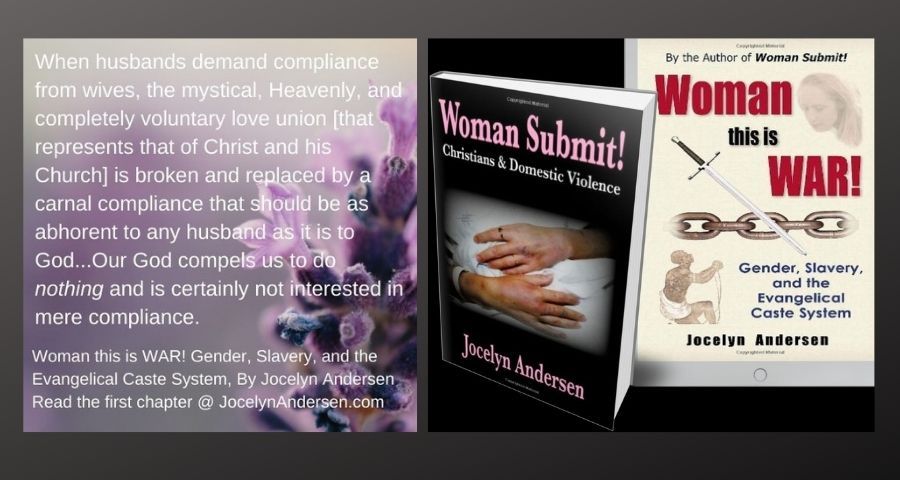Acts 22:13 ...and said to me Brother Saul receive
your sight And the same hour I looked up upon him 14: And he said The
God of our fathers has chosen you that you should know his will and see that
Just One and should hear the voice of his mouth 15: For you shall be his
witness to all men [people][1] of
what you have seen and heard
[1] All languages are androcentric (male
centered), and the English as well as the Greek routinely describes the human
race—audawm—as man. Words matter. They
shape perceptions, ideas, opinions, and world views. They effect the way we physically
treat one another, and the time is long past to reject all forms of
androcentricity in language. Women are not men.
This verse is unarguably an example of the Greek word, anthropos, being used to describe all people—not just men. Some
English examples of androcentric words include: Human (audawm) and mankind (audawm). These are embedded so deeply
within the psyches of most people that, to them, it seems silly to remark upon
them at all. That
is all the more reason to call them to attention, in hopes that hearts will be
convicted, and words that favor equality will begin to replace those that
discriminate.
Woman this is WAR! Gender Slavery and
the Evangelical Caste System, examines Bible commentary and translation
practices which have historically been androcentric (male centered) and even
misogynistic (anti-woman).
These have adversely effected
understanding of the scriptures, relations between women and men, the happiness
of men and women, and, in general, has hindered the work of the gospel, by
forbidding women to preach, pastor, or serve as elders or deacons. The book
chronicles the early history of the women's rights movements, as well as the
role of church leadership in aggressively suppressing both women's rights and
the historical record of Christian initiatives within the movements.
Through the complementarian
movement, many of the same arguments used to support the institution of
slavery, are still used today in suppressing the rights of Christian women.
This book documents identical arguments used by Christian leaders against both
movements and is an unparalleled resource for all who desire an in-depth study
of gender equality from a historical and Christian perspective.
This book traces history of
women’s rights, much further than usual, to the very first feminists…who
were Christians—godly women, who brought the issue of women's rights to the
forefront as they struggled to alleviate the suffering of others, and found
they were hindered in doing so for no other reason than the fact of their sex.
This work, provides valuable historical insight into Christian initiatives in
the movements for women’s rights, that are rarely included in Christian
literature.



No comments:
Post a Comment